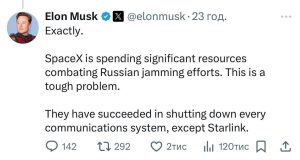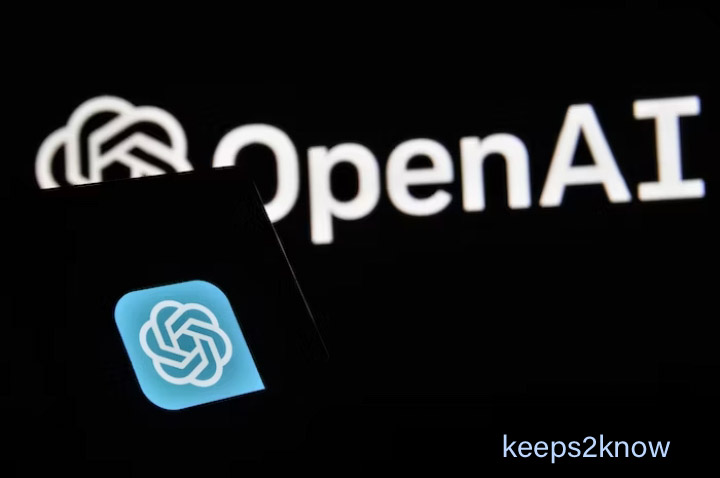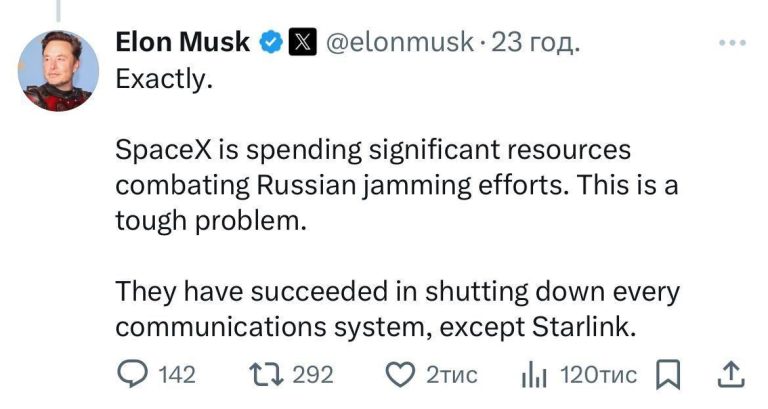Date: January 19, 2024
The U.S. Justice Department and the Federal Trade Commission are engaged in discussions to determine which agency should investigate OpenAI, the renowned artificial intelligence (AI) firm, on antitrust grounds. The focal point of concern revolves around OpenAI’s strategic partnership with tech giant Microsoft, a collaboration that garnered attention after Microsoft committed a substantial investment exceeding $10 billion into OpenAI in the previous year.
Sources indicate that the U.S. regulatory bodies are grappling with jurisdictional disputes, with both the Justice Department and the Federal Trade Commission vying to spearhead the investigation. According to reports from Politico citing three informed individuals, discussions have been ongoing for months as neither agency appears ready to concede jurisdiction to the other.
The scrutiny intensifies as European Union antitrust regulators raised flags earlier this month, suggesting that Microsoft’s investment in OpenAI could be subject to review under European Union merger rules. A similar warning had been issued by Britain’s antitrust regulator in December.
The investigation’s focus remains primarily on the partnership between Microsoft and OpenAI, with talks reportedly limited to the two companies. It is noteworthy that this particular dialogue is not part of a broader discussion regarding which agency should investigate broader artificial intelligence issues.
Microsoft, when approached by Reuters for comment, declined to provide any statement on the matter, maintaining a cautious stance amid the ongoing deliberations.
In a parallel development, there is a separate interagency debate gaining momentum. This debate centers on determining which agency has the authority to investigate companies accused of allegedly illegally scraping content from websites for the purpose of training their AI models. This emerging concern adds another layer of complexity to the regulatory landscape surrounding AI technology.

As the discussions unfold, stakeholders closely watch how regulatory authorities navigate the intricate landscape of AI collaborations, balancing the need for innovation with the imperative of ensuring fair competition and consumer protection. The outcome of these deliberations is poised to have far-reaching implications for the future regulation of AI partnerships and investments.

























+ There are no comments
Add yours